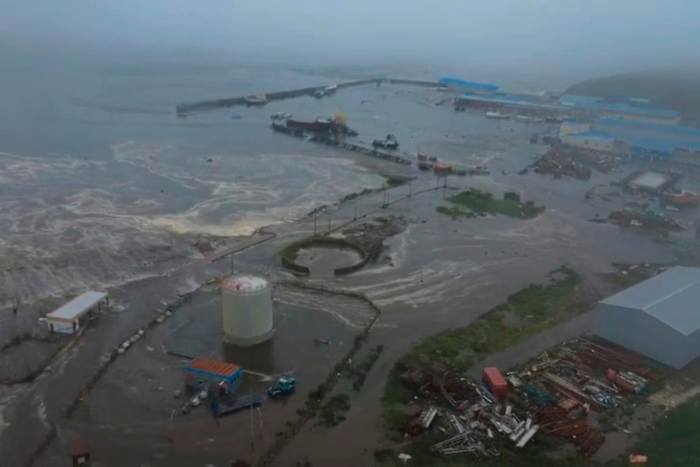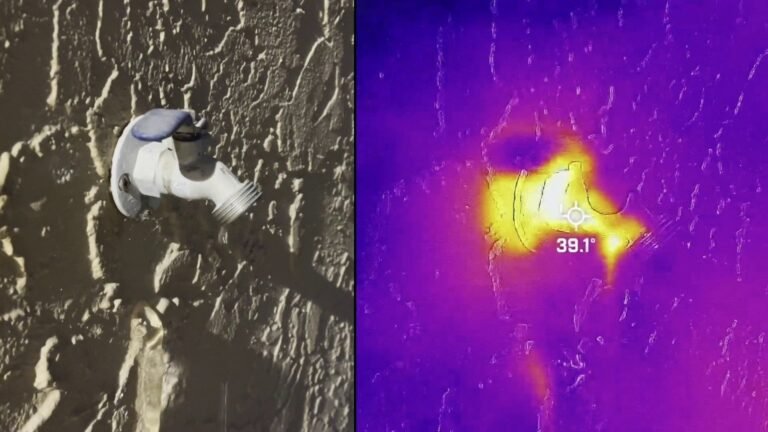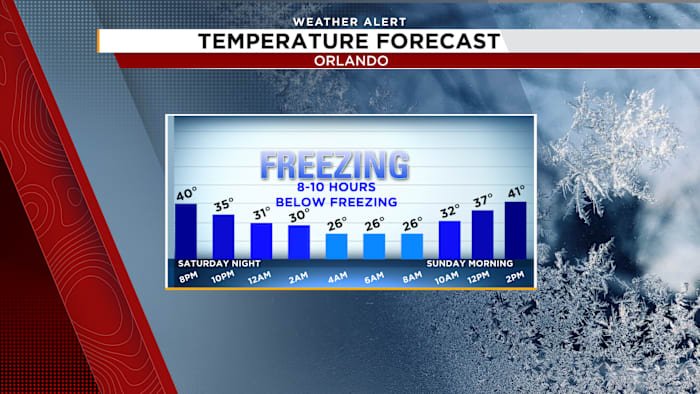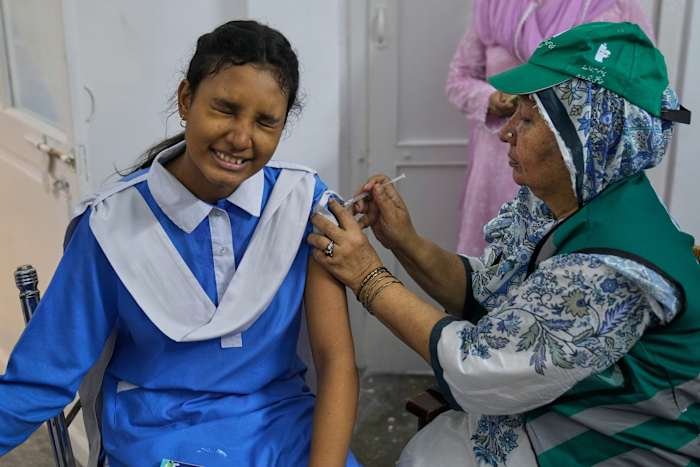Daily Orlando News – In a dramatic turn of events, Russia’s Far East recently experienced one of the most intense earthquakes ever recorded in the region. Despite the immense geological forces unleashed, the “land of fire and ice” managed to avoid catastrophic damage. A fishing port was briefly flooded by tsunami waves, some areas lost power, and a handful of injuries were reported, but thankfully, no major devastation occurred. As Orlando residents with loved ones abroad and an ever-growing international community, staying informed on how natural disasters impact different corners of the world is essential—not just for global awareness, but also for understanding how such events could one day affect us closer to home.
Unprecedented Shaking in Russia’s Remote East
The earthquake, which struck near the Kamchatka Peninsula—an area renowned for its volcanic activity and stark landscapes—registered among the most powerful ever recorded in Russia’s Far East. Seismic instruments measured the quake at a magnitude that instantly triggered international tsunami warnings and prompted local authorities to fast-track emergency plans.
According to Russian emergency services, the epicenter was located off the Pacific coast, deep beneath the sea. The tremors were felt across hundreds of miles, rattling buildings, causing temporary blackouts, and sending terrified residents into the streets. Surveillance footage and social media posts quickly went viral, depicting swaying light fixtures and frightened families seeking safe ground.
Tsunami Waves Hit Fishing Port
Within minutes of the earthquake, tsunami warning sirens blared in several coastal settlements. The fishing port of Ust-Kamchatsk bore the brunt of the waves, with water surging into low-lying areas and inundating docks. Local authorities reported that the tsunami waves were significant enough to flood some storage facilities and fish processing plants, but they receded quickly, limiting the overall damage.
Residents shared dramatic stories of their hasty evacuation to higher ground, with some describing the surreal sight of water rushing through familiar streets. Emergency crews were on hand to assist and ensure that everyone returned safely once the all-clear was given. No fatalities were reported, and only a handful of people suffered minor injuries during the evacuation process.
Swift Emergency Response Saves Lives
Russia’s emergency management teams were praised for their rapid response. Within minutes of the first tremors, local authorities issued evacuation orders, opened shelters, and deployed medical personnel. Power outages in affected areas were restored within hours, and search-and-rescue teams conducted thorough checks to ensure no one was trapped or missing.
This level of preparedness is a reminder of the importance of disaster readiness, something that hits home for Orlando residents who have experienced hurricanes and severe storms. While our region may not face earthquakes or tsunamis, the principles of emergency planning—clear communication, swift evacuation, and community support—are universal and essential in minimizing harm during natural disasters.
Global Reactions and Orlando’s International Ties
The shockwaves from Russia’s Far East were felt not just geologically, but emotionally across the globe. Orlando’s diverse population includes families with roots in Russia and neighboring countries, and local organizations quickly mobilized to check on relatives and friends in the affected area.
International aid agencies monitored the situation, ready to provide support if the disaster escalated. For Orlando’s students and professionals in earth sciences, the event served as a timely case study of tectonic activity and disaster response. Local universities and schools used the incident as an educational opportunity, discussing the science behind earthquakes and the importance of global solidarity in times of crisis.
What This Means for Orlando and Central Florida
While Orlando is not located in an active earthquake region, the recent events in Russia’s Far East serve as a stark reminder of nature’s unpredictability. Our own experiences with hurricanes, flooding, and severe weather have taught us the value of preparedness, community resilience, and global awareness.
For residents with family or business ties to Russia, the news brought a mix of relief and concern. Many reached out to loved ones, monitored updates from Russian and international agencies, and offered support where possible. The story also highlights the interconnectedness of our world—what happens thousands of miles away can have ripple effects in communities like Orlando, from economic impacts on the fishing industry to emotional ties among immigrant families.
Conclusion: Share Your Thoughts
Russia’s Far East may have narrowly avoided disaster this time, but the event underscores the importance of vigilance, preparedness, and global empathy. As our community in Orlando continues to grow more diverse and interconnected, staying informed about world events helps us build resilience and foster understanding.
Were you affected by the earthquake or know someone who was? How do you think Orlando can learn from disaster responses around the world? Share your thoughts and stories in the comments below—we’d love to hear from you!
















